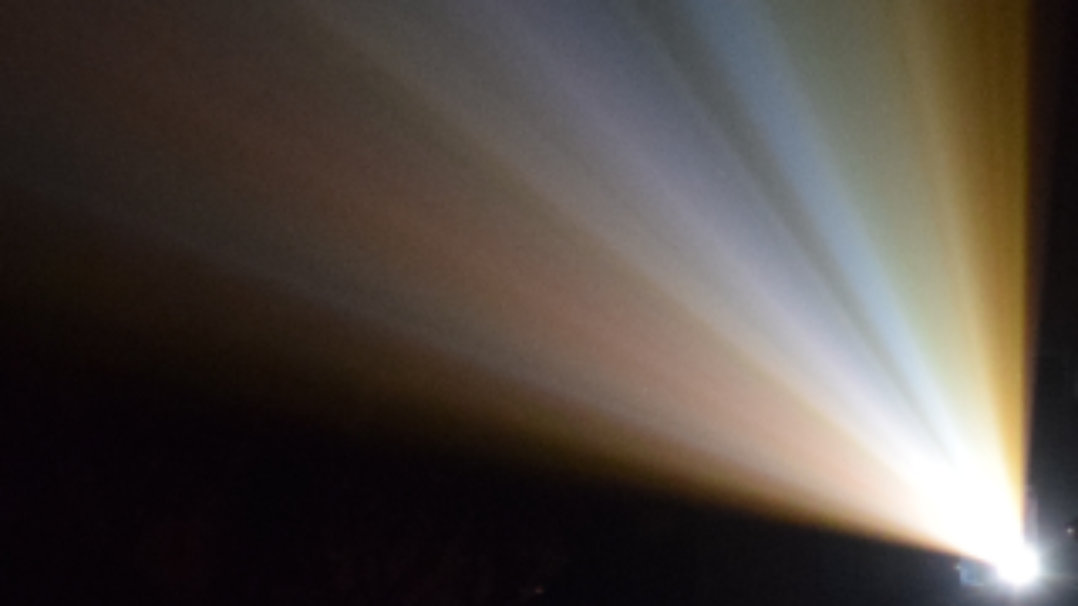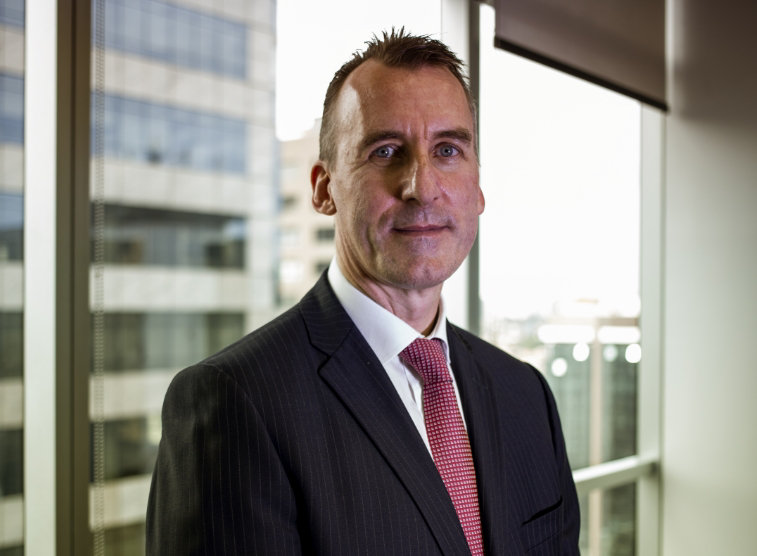Partner spotlight


Control Risks’ anti-corruption expertise makes them an effective partner for Microsoft ACTS
Corruption poses challenges for governments around the world. It flourishes in part because it’s difficult to detect and stop in anything close to real time.
Government agencies may not have tools to share information that could uncover corruption. Or they may lack the resources to sift through the enormous amounts of data where fraudulent transactions may be hiding. Microsoft believes that technology can help governments uncover and reduce corruption.
That is why Microsoft launched ACTS. By mobilizing the power of data—and leveraging partnerships with innovative companies—the goal of Microsoft ACTS is to promote transparency.
Control Risks brings a wide range of expertise to bear on corruption
Mutual interest in the challenge of taking on corruption brought Microsoft ACTS and Control Risks, a global risk consultancy, together.
For over 40 years, Control Risks has helped organizations become more secure and resilient while thriving in challenging times. Its risk experts come from a wide array of backgrounds: technology, finance, journalism, military, politics, law enforcement, and more. This enables the company to take a multi-disciplinary perspective on global risks and how they might impact clients.
One key risk Control Risks manages is that of corruption—crimes that can snare organizations or cause them to lose credibility, business, and revenue. Control Risks’ deep expertise in this area makes them an ideal partner for Microsoft ACTS.
But detecting corruption in time to prevent it poses significant challenges. Corrupt officials may be embedded deep within government agencies, in positions of trust. Similarly, many transactions that look reasonable on the surface may be part of a corruption scheme.
Fortunately, the growing availability of data—and the tools to examine it—have become a key element of the anti-corruption toolbox.
“The amount of data available for interrogation has exploded in recent years,” says Geert Aalbers, a partner with Control Risks. “There’s unstructured data such as online news, email traffic, messaging, and social media posts. And structured data such as financial records and open government data. The challenge is trying to sort out which data is meaningful and what is noise.”

Pictured above: Geert Aalbers, a partner with Control Risks
Technology plays a critical role in collection, processing, and sorting through the data. AI, machine learning, and other data-analysis tools deployed by Control Risks can break down the digital signals and uncover relevant insights. Control Risks’ subject matter expertise in key risk areas such as corruption provides a broader context that makes the data meaningful.
“Once the right data is identified, we clean it up, run queries on it, and communicate that data back to clients and stakeholders in an intuitive way using dashboards and other interactive tools,” Aalbers says.
A shared commitment
Control Risks was presenting its Capacity to Combat Corruption Index, a unique 14-point index of corruption drivers, when the two teams first met. That led to conversations, which resulted in a strong partnership.
“Without exaggeration, one of the most interesting intellectual opportunities we’ve had is to have been invited to work with Microsoft on one of its open government initiatives,” Aalbers says. “Our methodology [for the 14-point index] relies heavily on data analysis, and that is an area where Microsoft brings a great deal of expertise.”
In Control Risks, Microsoft ACTS has a partner whose data analytics expertise, deep intelligence networks, and experience managing risks of all types complement Microsoft’s technical skills in areas such as big data and machine learning. In addition, their hard-earned expertise helps Microsoft ACTS leaders enter the global dialogue about corruption.

Pictured above: A PowerApps dashboard developed by Control Risks flags possible connections between politically exposed persons and an organizations’ third parties.
“If we didn’t have Control Risks to take part in conversations with other stakeholders alongside us, it would take us longer to build up credibility and trust with clients,” says Norman Hodne, Director of Program Management with Microsoft ACTS. “That makes for a much more efficient process.”
Teaming up to find ways to reduce corruption pays dividends in a variety of ways. It restores funds to government coffers, where it can help a country’s citizens. And it can help build trust in government, which is important in times of crisis—such as during the current pandemic. Microsoft ACTS and Control Risks hope their partnership can drive benefits for both governments and their constituents.
